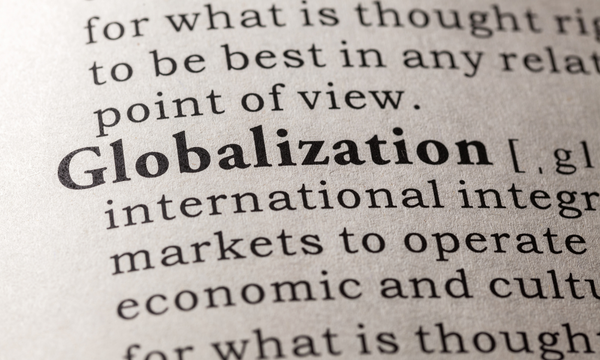
Understanding the Implications of Globalization on International Relations


Globalization has transformed the world as we know it, connecting people, economies, and cultures in unprecedented ways. With the rise of new technologies and advances in transportation, communication, and trade, the world has become more interdependent than ever before. As a result, international relations have undergone significant changes in recent decades, with globalization having far-reaching implications for how countries interact with one another on the global stage.
One of the most significant impacts of globalization on international relations has been the increasing importance of economic issues in diplomacy. As the global economy has become more integrated, trade has become a central component of international relations. Today, countries negotiate trade agreements, investment treaties, and other economic arrangements as a way of promoting their interests and securing their place in the global economy. This has led to a shift in the focus of diplomacy away from traditional security concerns towards economic issues.
Globalization has also given rise to new challenges in international relations, such as the spread of transnational issues like terrorism, organized crime, and climate change. These issues require international cooperation and coordination, and often require countries to work together in new and innovative ways. Diplomacy plays a critical role in addressing these challenges, as it provides a platform for countries to work together to develop common solutions to shared problems.
Another significant impact of globalization on international relations is the growing importance of non-state actors in shaping global governance. NGOs, corporations, and other non-state actors have become major players in international affairs, often exerting significant influence on governments and international organizations. This has led to a more complex and diverse global landscape, with many different actors vying for influence and power.
At the same time, globalization has also highlighted the importance of culture and identity in international relations. As people and ideas move across borders more freely than ever before, cultural differences have become more apparent, leading to new challenges in diplomacy. For example, the rise of nationalist movements and the backlash against globalization have highlighted the need for greater understanding and cooperation between different cultures and identities.
Despite these challenges, globalization has also created new opportunities for diplomacy. Today, countries are more connected than ever before, with new technologies providing new avenues for dialogue and cooperation. Diplomats have access to new tools and resources that can help them to navigate the complex global landscape, from social media platforms to data analytics tools.

